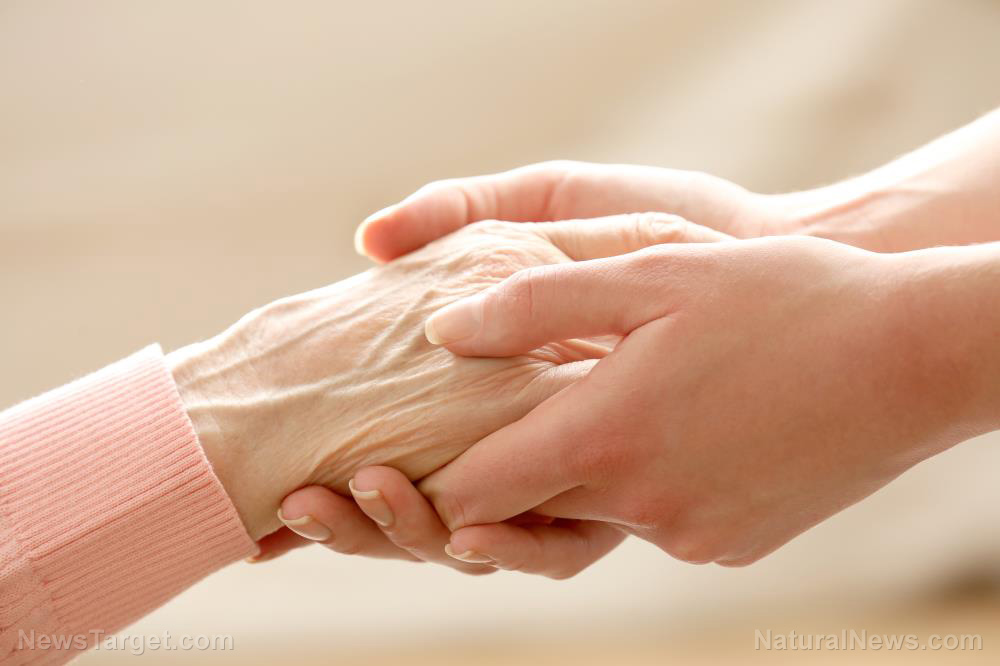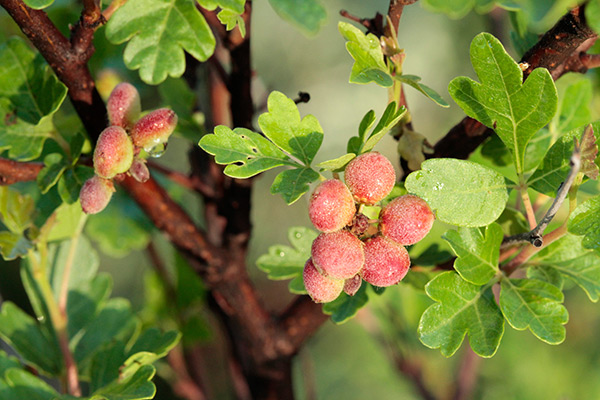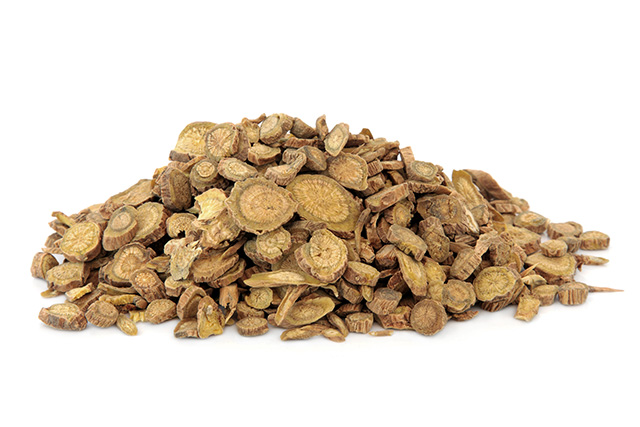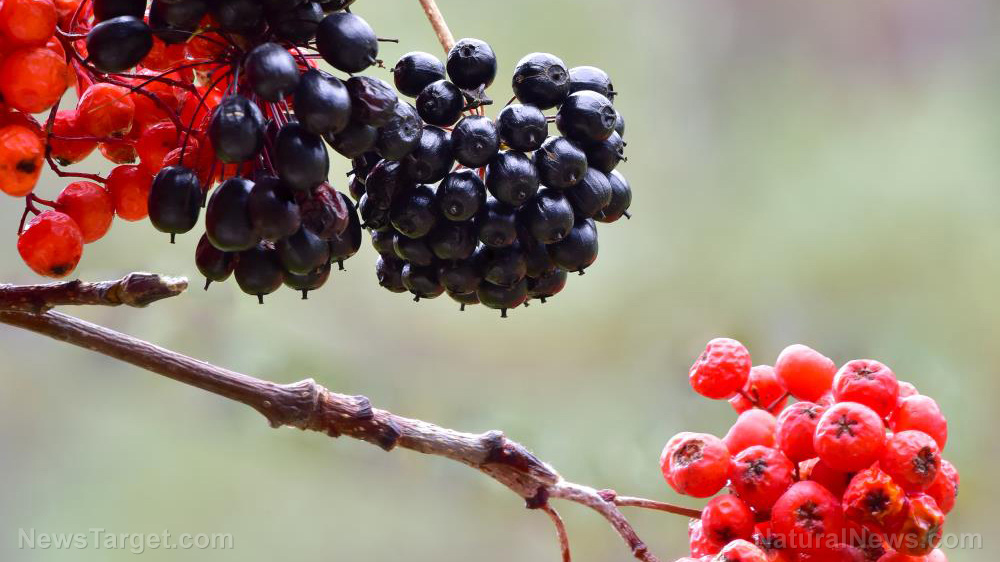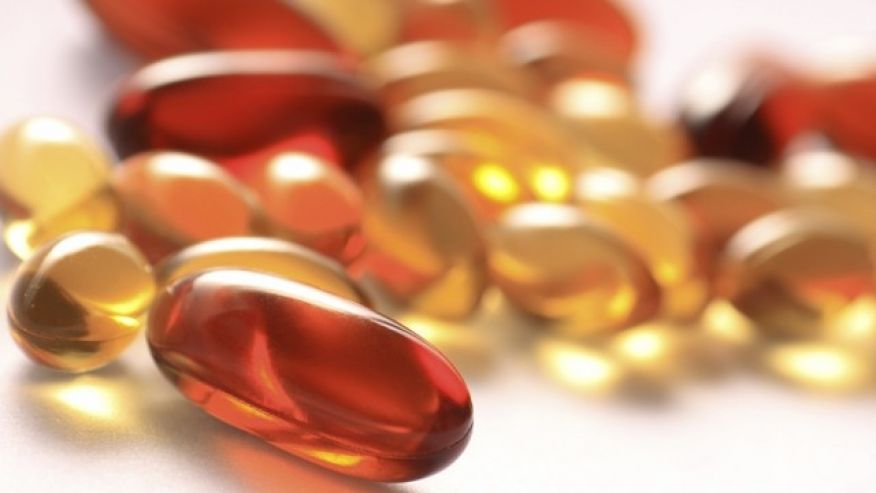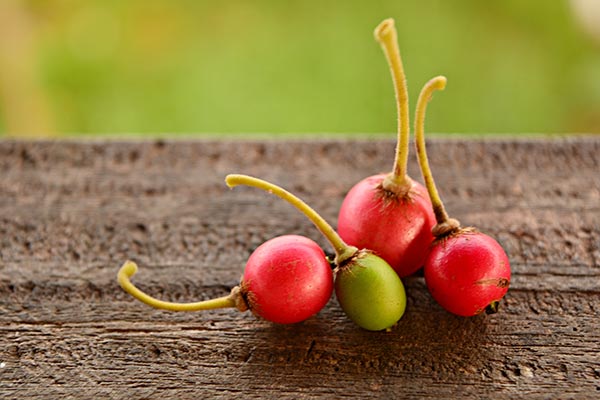Eating apples and other flavonoid-rich foods lowers cancer and heart disease risk, researchers find
06/04/2020 / By Zoey Sky
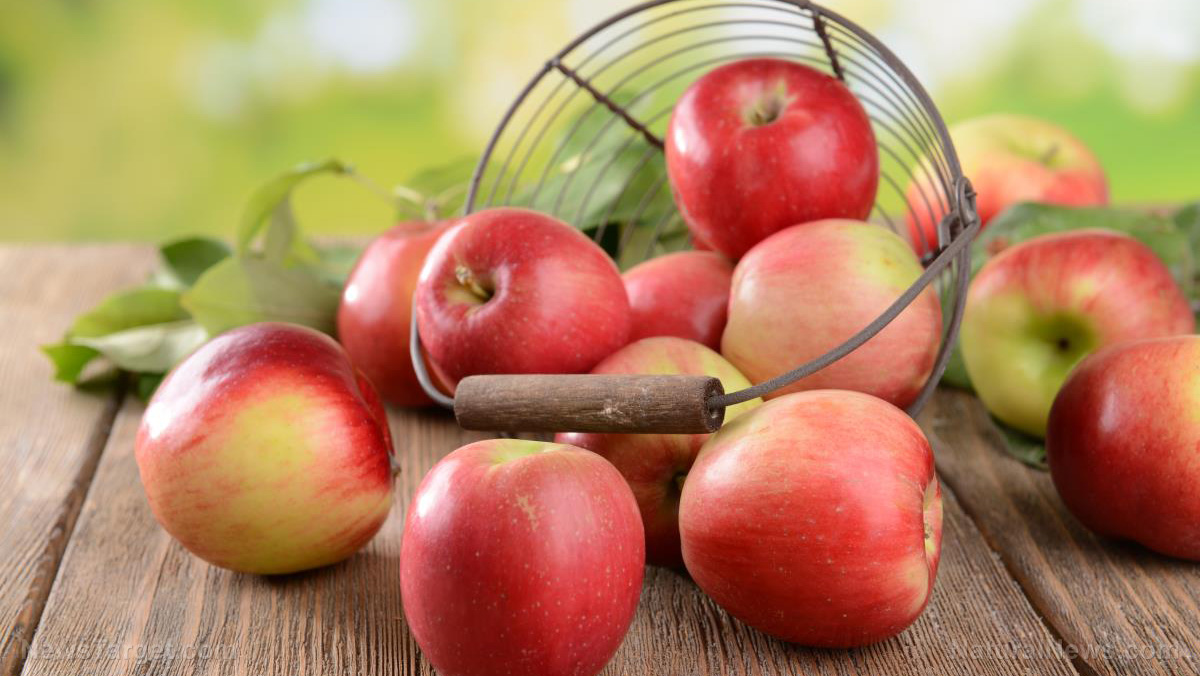
Apples are nutritious fruits. An old saying even suggests that eating an apple a day keeps the doctor away.
It looks like this cliche may be scientifically-proven, after all.
In a study published in the journal Nature Communications, scientists looked into the health benefits of a flavonoid-rich diet. Their findings revealed that eating foods rich in these beneficial compounds helped protect participants from heart disease and cancer.
The study on the benefits of flavonoids was conducted by researchers from the Edith Cowan University (ECU) in Australia, with help from scientists from Denmark, France and Northern Ireland.
What are flavonoids?
Flavonoids are naturally occurring compounds found in plant-based foods and drinks. These compounds are needed to regulate cellular activity and protect the body from free radicals that cause oxidative stress.
In short, flavonoids help the body function more efficiently. At the same time, these compounds protect you from various toxins and stressors.
Additionally, flavonoids are potent antioxidant agents. Antioxidants help protect cells from free radical damage. Antioxidants are sometimes referred to as “free-radical scavengers.”
Dietary habits and lifestyle choices affect disease risk
For the study, ECU scientists analyzed data from the Danish Diet, Cancer and Health cohort, which evaluated the diets of 53,048 Danes in the span of 23 years.
The ECU researchers discovered that Danes who regularly consumed moderate to high amounts of flanovoid-rich foods had a lower risk of dying from cancer or heart disease.
Dr. Nicola Bondonno, the study’s lead researcher, explained that while the consumption of flavonoid-rich foods was associated with a lower risk of death, the protective effect of flavonoids seemed to be strongest in participants at high risk of chronic diseases because of smoking and moderate alcohol consumption.
Bondonno noted that this doesn’t mean eating flavonoid-rich foods alone is enough to prevent cancer and heart disease. People should also quit smoking and drinking to improve their overall health.
While making positive lifestyle changes is often challenging, increasing your intake of flavonoid-rich foods is one way of minimizing health risks.
The health benefits of flavonoids
According to Bondonno and her team’s study, volunteers who consumed at least 500 mg of total flavonoids daily had the lowest risk of cancer or heart disease-related deaths. To get the same benefits, the researchers recommend eating a wide variety of flavonoids from plant-based foods and beverages. These include superfoods like:
- 100 g of blueberries
- 100 g of broccoli
- A cup of tea
- One apple
- One orange
Incorporating these superfoods into your diet will give you more than 500 mg of total flavonoids.
You can also boost your antioxidant intake by consuming the following foods:
- Vitamin A – Dairy, eggs and liver
- Vitamin C – Fruits and vegetables like berries, oranges and bell peppers
- Vitamin E – Nuts, seeds, and leafy, green vegetables
Bondonno added that while the findings point to a link between flavonoid consumption and lower risk of death, the exact nature of the protective effect may be multi-faceted. (Related: Quercetin, a flavonoid found in many foods, has anti-aging and anti-cancer properties.)
Habits like smoking and drinking are linked to increased inflammation and blood vessel damage. These events can increase your risk of developing many health problems.
On the other hand, studies have shown that flavonoids have anti-inflammatory properties that can help improve blood vessel function. This may be the reason why flavonoid consumption is linked to a lower risk of death from heart disease and cancer.
Quit habits like smoking and reduce your alcohol intake to boost your overall health. Follow a balanced diet and eat more flavonoid-rich foods like apples and tea to naturally lower your cancer and heart disease risk.
Sources include:
Tagged Under: anti-inflammatory, antioxidants, apples, flavonoids, food cures, food is medicine, functional food, heart disease, heart health, phytonutrients, prevention, research, stop smoking



